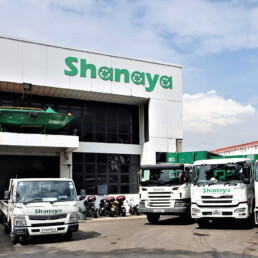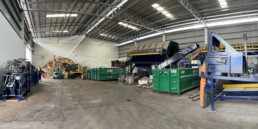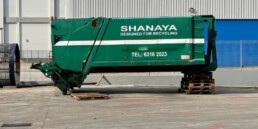Shanaya partners TRIA in organic recycling
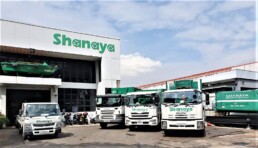
TRIA and Shanaya, an SGX listed recycling and environmental services company joins hands to tackle the recycling of foodservice waste with organic recycling.
Under this agreement, TRIA will provide the digestion technologies including installing an aerobic digester at Shanaya Environmental’s premises. Shanaya Environmental will provide collection services for the food waste and biodegradable packaging waste, and operate the digester under the agreement where TRIA will take back the organic fertilizer for further valorisation processing.
The success of this agreement will be a precursor towards a long-term exclusive partnership between TRIA and Shanaya Environmental in organic waste recycling in Singapore.
Announcement on Shanaya SGX https://www.shareinvestor.com/news/news.html?source=sg_sgxnet&nid=515484290
Edwin Seah, sustainability leader, joins TRIA's Board of Advisors
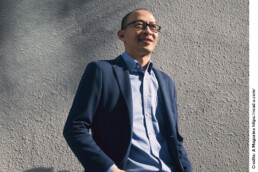
TRIA is honored to welcome Edwin Seah to our Board of Advisors. With his experience across the region in sustainability, packaging, policy and strategic communications, Edwin’s knowledge and insights will help to propel TRIA’s growth.
“I’m pleased to share that I’m joining the Board of Advisors at Singapore-based packaging, design & solutions company TRIA Pte. Ltd. It’s an immense honour, coming at an important and challenging time for the packaging and food industries, and our environment.
TRIA has made great strides since they were founded in 2016. I’ve been impressed with the vision, ideas and more importantly, the packaging circularity solutions that the team led by CEO Pei Kang Ng have introduced.
Beyond just producing sustainable packaging for food, they’ve now developed a complete circular solution to address the problem of single use plastics, packaging waste, and marine litter.
It comes in the form of plant-based bottles developed by TRIA that can be digested in 24hrs (TRIA also developed the technology behind this) and converted to crop-grade fertiliser! A truly pioneering circular process that ditches plastics and gives end-of-life waste a new lease of life.
Lots of countries & brands are still struggling with solutions to plastic & packaging waste. Mechanical recycling and rPET isn’t really going to bring the significant change needed because you’d require the concurrent presence of source segregation, high collection rates and costly recycling infrastructure to yield the high quantities of high quality PCR needed to move the needle.
And let’s not forget that rPET isn’t free of plastics because many countries cap the percentage of recycled plastics in every bottle. Which means it still needs to be infused with new plastics. It’s the same with every time the rPET is recycled – new plastics needs to be blended in to prop up the quality of the rPET. Are we actually reducing plastics use and waste, or dialling up on it?
If we are serious about tackling the problem, we need to look at real plastic-free solutions. I’d venture to say plant-base packaging paired with organic recycling is a solution that needs to be adopted and now.”
